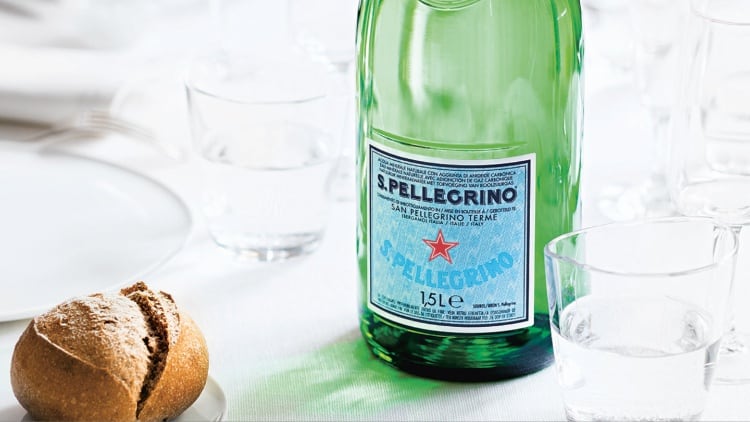Nestlé’s income accelerator programme, that supports cocoa-farming families in the West African country of Côte d’Ivoire, is delivering measurable improvements in income and household resilience.
A new independent evaluation by the KIT Institute found that despite the 2023/2024 cocoa season being one of the most challenging, marked by poor cocoa harvests due to changing weather patterns, households participating in the programme saw yields 18% higher than the control group of cocoa farmers not in the programme.
This resulted in an increase in total net income with participating households earning 15% more than the other farmers.
The evaluation also showed that cocoa farms in the programme were healthier as participating farmers’ adopted good agricultural practices, including pruning, weeding, shade management and pest control, as well as investing in labour. Composting was also introduced as a new element in the programme, Nestlé confirmed.
Laurent Freixe, ceo of Nestlé, said: “Our income accelerator programme is one of our key sustainability initiatives and we are committed to expanding it further in Côte d’Ivoire and Ghana, our main cocoa origins. We welcome the interest of governments and other industry players in our approach. Together, we will be able to scale up our work for more impact.”
The KIT Institute report also found that the income accelerator programme was enhancing children’s well-being, improving food security, and empowering women.
The next phase of the programme, which is based on feedback from farming families and partners, will see the company simplify incentive structures to improve clarity and speed of implementation while maintaining the same level of financial support.
Incentives will focus farm support (pruning) and household support (schooling) while continuing to deliver a broad set of activities.
The progress report, conducted by the KIT Institute, evaluated the programme’s impact over the first 30 months of its test-at scale phase, examining a sample of about 2,000 households spanning 28 cooperatives in Côte d’Ivoire.


